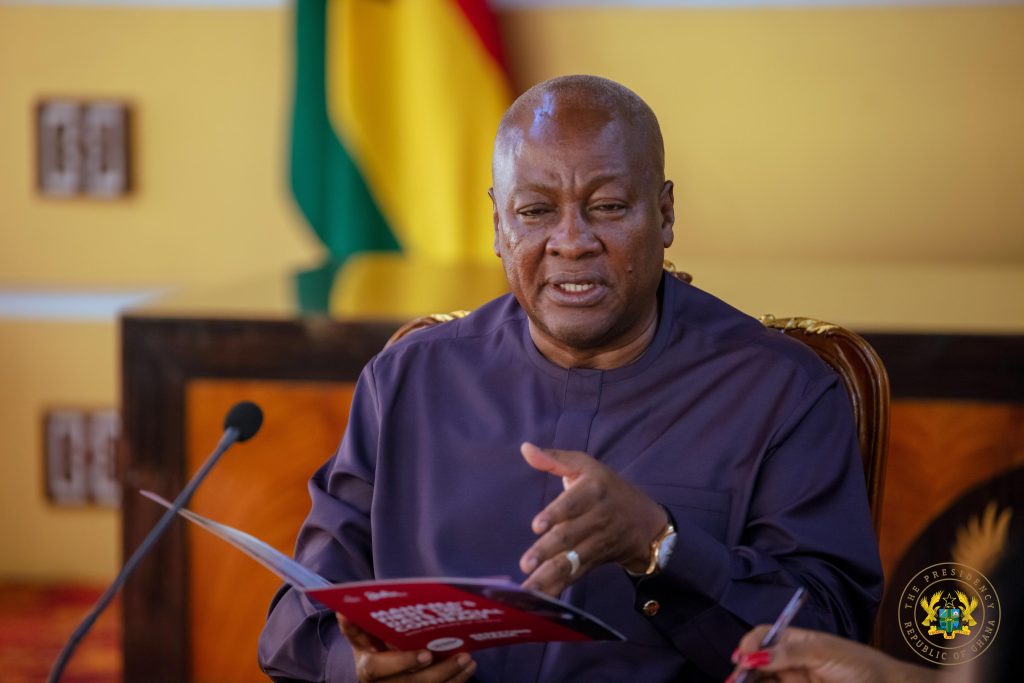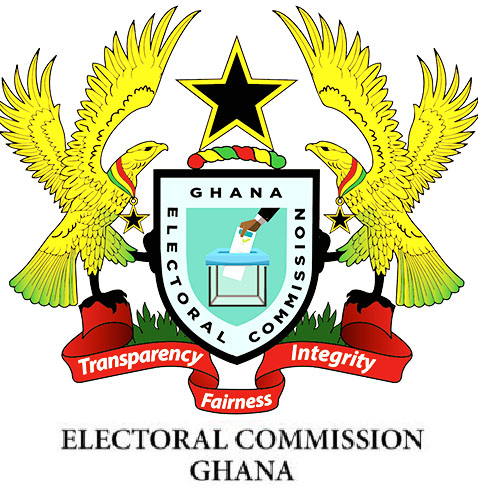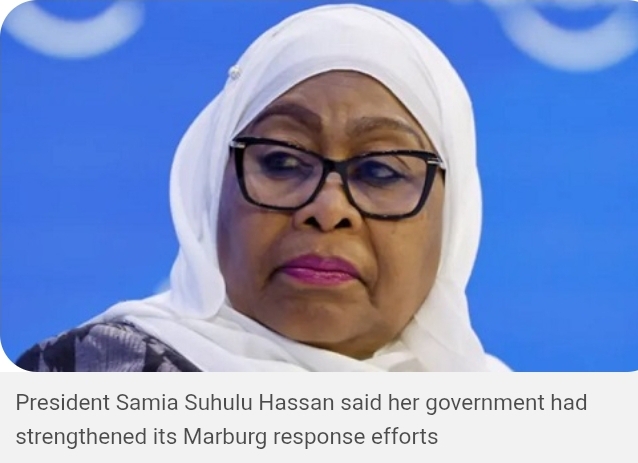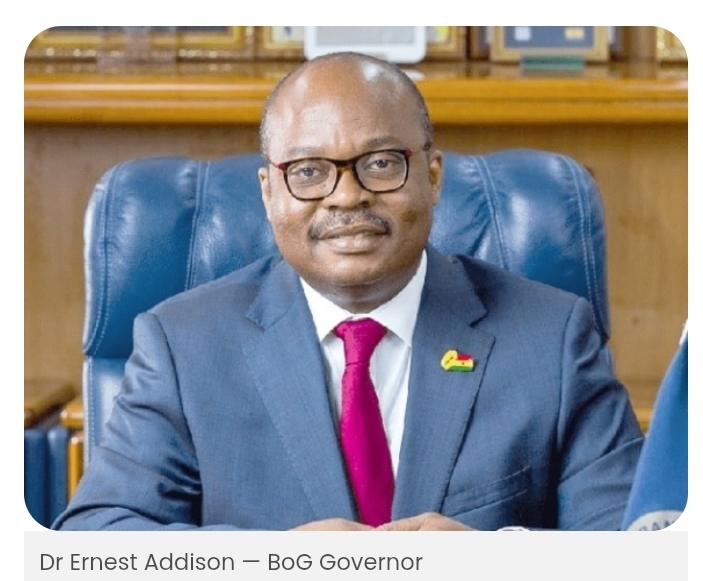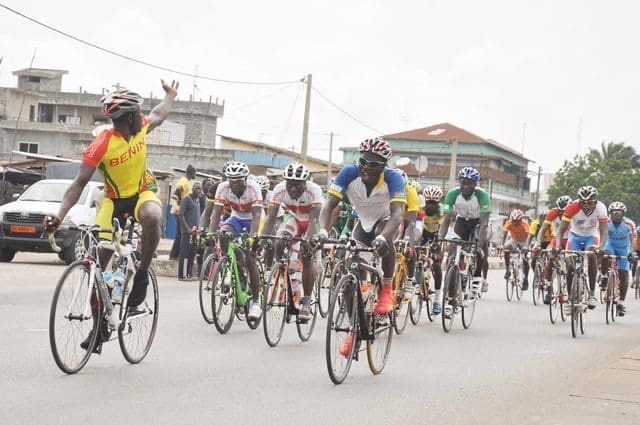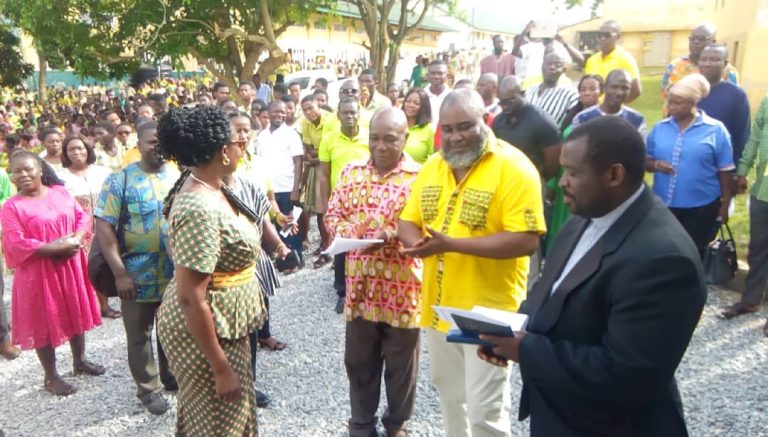President John Mahama has projected that the Ghana cedi will stabilise within a range of GH¢10 to GH¢12 per US dollar, describing this band as a fair value that balances the needs of both exporters and importers while supporting macroeconomic stability.
Speaking during a policy dialogue with the Federation of Associations of Ghanaian Exporters (FAGE) on Tuesday, May 3, the President emphasised that this range reflects the currency’s true value and supports export competitiveness.
“Some say it will drop to four, but we know the real value of the cedi isn’t four. At that level, it would destroy our export businesses,” Mahama said. “I met with the Governor of the Bank of Ghana and the Finance Minister, and they agree that the cedi’s fair value lies between GH¢10 and GH¢12. Fortunately, the forex auction has brought it just above GH¢10, and it appears to be stabilising.”
He added that maintaining the cedi within this band ensures that Ghanaian exports remain attractive while preventing excessively cheap imports that could undermine local production.
President Mahama also called for targeted incentives for exporters and the removal of bureaucratic barriers to trade, stressing that a robust export sector is key to economic stability.
“The more we export and earn foreign exchange, the less pressure there is on the cedi. It’s a straightforward equation, but it requires national commitment to value addition and efficient trade facilitation,” he stated.
FAGE representatives welcomed the dialogue, calling it timely and essential for aligning policy with business needs.
The President’s comments come amid growing calls for long-term economic strategies to stabilise the cedi and boost export-led growth.
Meanwhile, Fitch Solutions has revised its end-2025 forecast for the cedi to GH¢13.0/USD, up from an earlier estimate of GH¢15.5. The revision reflects a 30% strengthening of the currency between late April and May 2025, largely driven by rising global gold prices. Fitch notes that this could ease inflationary pressures and allow the Bank of Ghana to consider monetary easing later in the year.
Story By: Kwame Lawerh

